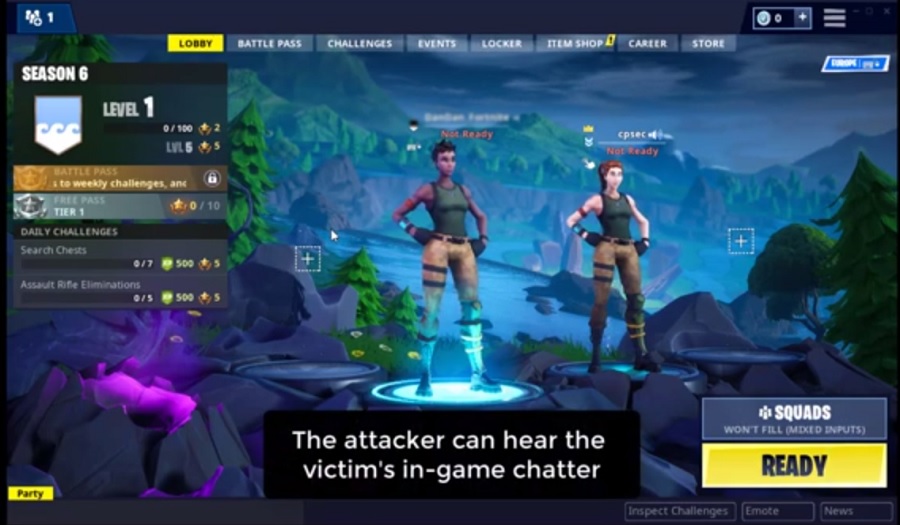Games are still tempting targets for hackers. Zynga’s popular online game, Words With Friends, was recently hacked and more than 218 million users had their information stolen.
And once hackers breach a game company’s defenses and get inside, they can steal identities, financial wealth, and virtual property in games that can be resold for real-world value. They can also bring an online game down and cause an uproar from gamers who can’t get into their favorite hobby.

Unlock premium content and VIP community perks with GB M A X!
Join now to enjoy our free and premium membership perks.
![]()

![]()